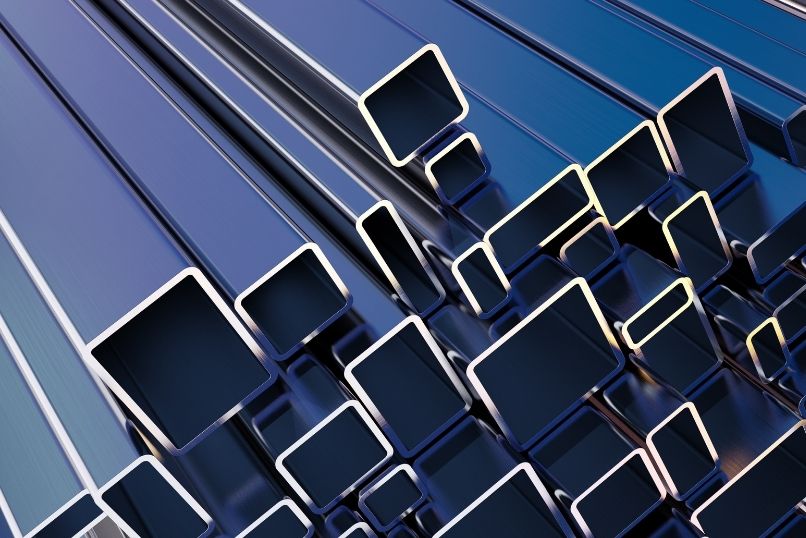Different metal applications require different features. One important feature for many different applications is corrosion resistance. This feature is important for applications that will be subject to rust-provoking techniques and conditions. Before a fabricator can choose the appropriate material for their product, they must have an idea of what the most corrosion-resistant metals are. We’ve provided a helpful guide below.
Why Is Working with Corrosion-Resistant Metals Beneficial?
Before you dive into the different corrosion-resistant metals that exist, it’s important to have a foundational understanding of why working with these types of metals is beneficial. These metals prevent significant damage from occurring in the future. When metal rusts, it can be visually displeasing and cause various complications—and repair costs can become quite expensive. For this reason, choosing to work with a corrosion-resistant metal is beneficial.
The Different Corrosion-Resistant Metals
Now that we’ve uncovered why working with a corrosion-resistant metal is important, we can dive into the different varieties that exist. Below is a helpful list along with a description of each type of metal.
Stainless Steel
Stainless steel comes in hundreds of different grades. All grades contain a specific level of iron, an element that easily oxidizes into rust, but stainless steel also contains high levels of chromium. This element can form a protective coating on stainless steel, making it corrosion resistant. The higher percentage of chromium a grade has, the more resistant it is to corrosion. Many industries purchase durable stainless steel to build machinery and various components.
Red Metals
Copper, brass, and bronze are all considered red metals. These metals contain little to no iron, which is what prevents them from rusting. However, red metals do oxidize and can turn green when exposed to oxygen. This green layer actually enhances the metals’ ability to resist corrosion and add to its long life span.
Aluminum
Similar to red metals, aluminum is corrosion resistant because it doesn’t contain iron. However, when exposed to water, aluminum can oxidize. But when this occurs, it creates a protective layer that enhances its ability to resist corrosion.
Corrosion-Resistant Metals at Weiland Diversified
Here at Weiland Diversity, we know the importance of working with corrosion-resistant metals. As a result, we carry a wide range of different metals that fit this description. However, one metal we would like to talk about in particular is our A286 alloy. Our A286 alloys are advantageous because they have an excellent resistance to general corrosion, pitting, and crevice corrosion from chemicals containing chlorides or sulphuric, phosphoric, or nitric acid. As a result, A286 alloys are great for fabrication tanks, valves, piping, heat exchangers, and other processing equipment.
Now that you know a bit about the most corrosion-resistant metals, you’re ready to choose the right metal for your fabrication. For any questions regarding your project needs, give us a call. Weiland Diversified is committed to answering all your questions and finding the ideal solution for your project.

